Tech Icon Spotlight:
Thierry Bedos
Chief Technology Officer,
The Stepstone Group

Quick links
Many people are drawn to the tech industry thanks to their love of computers. Thierry Bedos entered tech thanks to a love of problems.
“I was not the typical teenager doing a lot of development. I just fell in love with it because it was such an elegant way to solve problems. Doing something that’s never been done or making it work better as it scales is what really excited me,” Bedos said.
Bedos spoke with Riviera Partners to share his insights into the impact artificial intelligence will have on the world of work, the importance of being a supportive leader, and why it’s key to focus more on your strengths than your weaknesses.

Innovation
doesn’t wait
As CTO at the Stepstone Group, which owns one of the world’s leading portfolios of job platforms, Bedos is responsible for determining how the company will navigate the AI revolution. “Whether you’re filling out a cover letter, uploading a CV, posting a job, or conducting an email interview, there is a lot of text being passed around,” Bedos said. “We expect AI to significantly improve every part of the recruitment process.”
Bedos believes that now is the time for businesses across every industry to invest in AI initiatives rather than wait for the technology to mature. By experimenting, integrating, and optimizing how AI is leveraged, businesses can unlock a new level of innovation that will help drive growth, retain customers, and get ahead of the inevitable market disruption.
“We’re using AI to help jobseekers discover how likely they are to get a specific job, which will allow us to identify their shortfalls so that they can improve in those areas. Similarly, it will help recruiters understand which talent is best for the job. Instead of just reading a job description or CV to figure out if it meets your expectations or not, the process will become much more like a conversation for the benefit of both parties,” he said.
We expect AI to significantly improve every part of the recruitment process.”

Put the
team first
Some people are born leaders. For Bedos, leadership had to be learned. “When I started, I was a terrible leader. But I don’t believe some people will always be better leaders than others. You can learn it through a variety of means, be it being a manager and making mistakes, getting help from coaches, or getting formal training.”
While being a leader means leveraging your experience and knowledge, Bedos doesn’t believe a leader should have all the answers. Instead, he prefers to take what he calls a ‘servant leader’ approach.
“That doesn’t mean being a pushover or saying yes all the time. It means understanding what decisions need to be made to help the team be successful in the long run. I try to set very clear expectations, provide targets we can monitor, and then let them go and manage themselves as much as possible. If I put them in their position, it means I believe they are capable,” Bedos said.
This approach only works for leaders who can embrace the messy side of innovation. “You have to have a positive attitude that makes it okay to fail, as long as you learn from it and don’t make the same mistake. It’s not about being perfect, but about meeting your objectives.”
You have to have a positive attitude that makes it okay to fail, as long as you learn from it and don’t make the same mistake.”

Make your
strengths stronger
In order to do his best work, Bedos chooses to focus on augmenting his strengths instead of worrying about his weaknesses. By honing his innate abilities, he feels that he can make a far more significant contribution to the team than if he were to become a generalist.
“There’s far more ROI in working on becoming excellent at the things you’re already good at,” Bedos said. “While the temptation is to work on the things you’re not good at, or have team members focus on improving their weaknesses, by focusing on our strengths our team is able to complement each other and be more effective.”
There’s far more ROI in working on becoming excellent at the things you’re already good at.”

Managing in
an AI world
As a manager, Bedos is excited for the role AI will play for his team. “My job is going to be to demonstrate to my people how they can use AI to be more productive by automating repeatable tasks. I have to create an environment that demonstrates that we’re not trying to replace people with machines, but are replacing drudgery with machines so people can concentrate on work that is more value-adding,” Bedos said.
Ironically, a recent incident shows the other side of AI that managers will have to deal with. “A friend of mine hired someone who had great answers over email, but once he was on the team we realized how much he had used ChatGPT during the interview process. Once he was on the job, his knowledge was a bit hollow,” he said. “Leaders are going to have to modify their skills to sniff out BS. I think we’re going to see a wave of beautiful presentations and content that doesn’t have substance underneath.”
Leaders are going to have to modify their skills to sniff out BS. I think we’re going to see a wave of beautiful presentations and content that doesn’t have substance underneath.”
